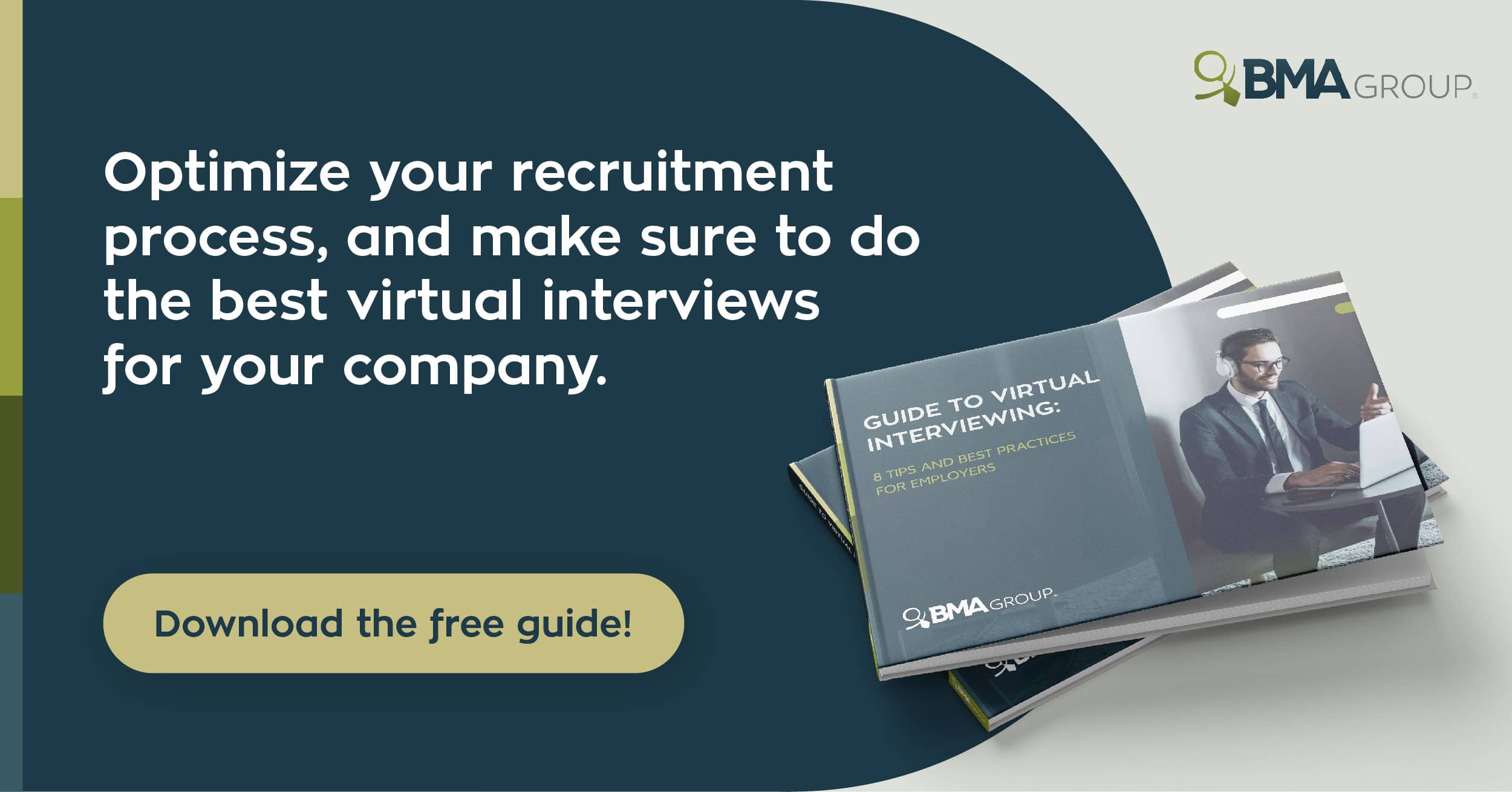What you need to know to conduct successful remote interviews
Here we are, a year later, still coping with the ongoing effects of the COVID-19 pandemic and adapting to the so-called new normal. One of the adjustments companies across many industries have made and that is posed to stay long after the COVID-19 crisis eases off is virtual interviewing.
Virtual, or remote interviewing is a way to evaluate job candidates using video interviewing technology, such as Odro and Modern Hire, or video conferencing apps like Microsoft Teams and Skype. Remote interviews help prevent the spread of the virus by allowing employers and applicants to follow social distancing guidelines and mandates.
“The Pandemic Effect”
Prior to the pandemic, most interviews were conducted in person or over the phone, and virtual interviews were rare. Now, virtual interviews are becoming increasingly popular. Even businesses that are resuming on-site operations are continuing to rely on video technology to interview job applicants.
In addition to keeping people safe, virtual interviewing has many benefits, including the ability to streamline the hiring processes and to employ job candidates previously inaccessible or difficult to recruit because of geographical barriers.
“The benefits of virtual interviewing reach beyond the necessities prompted by the pandemic,” – Franco Mondo, Sales Leader for the BMA Group Companies in North America, LATAM, Caribbean and Europe.
“Remote interviews expedite the staffing and recruiting process, standardize it, give companies access to talent they couldn’t reach before, and provide a critical layer of safety while we’re social distancing.” – Brenda Marrero, CEO of BMA Group
There’s more to virtual interviewing than chatting with a job candidate online. To learn more about how your company can benefit from remote interviewing, download our guide: “GUIDE TO VIRTUAL INTERVIEWING: 8 TIPS AND BEST PRACTICES FOR EMPLOYERS.”

